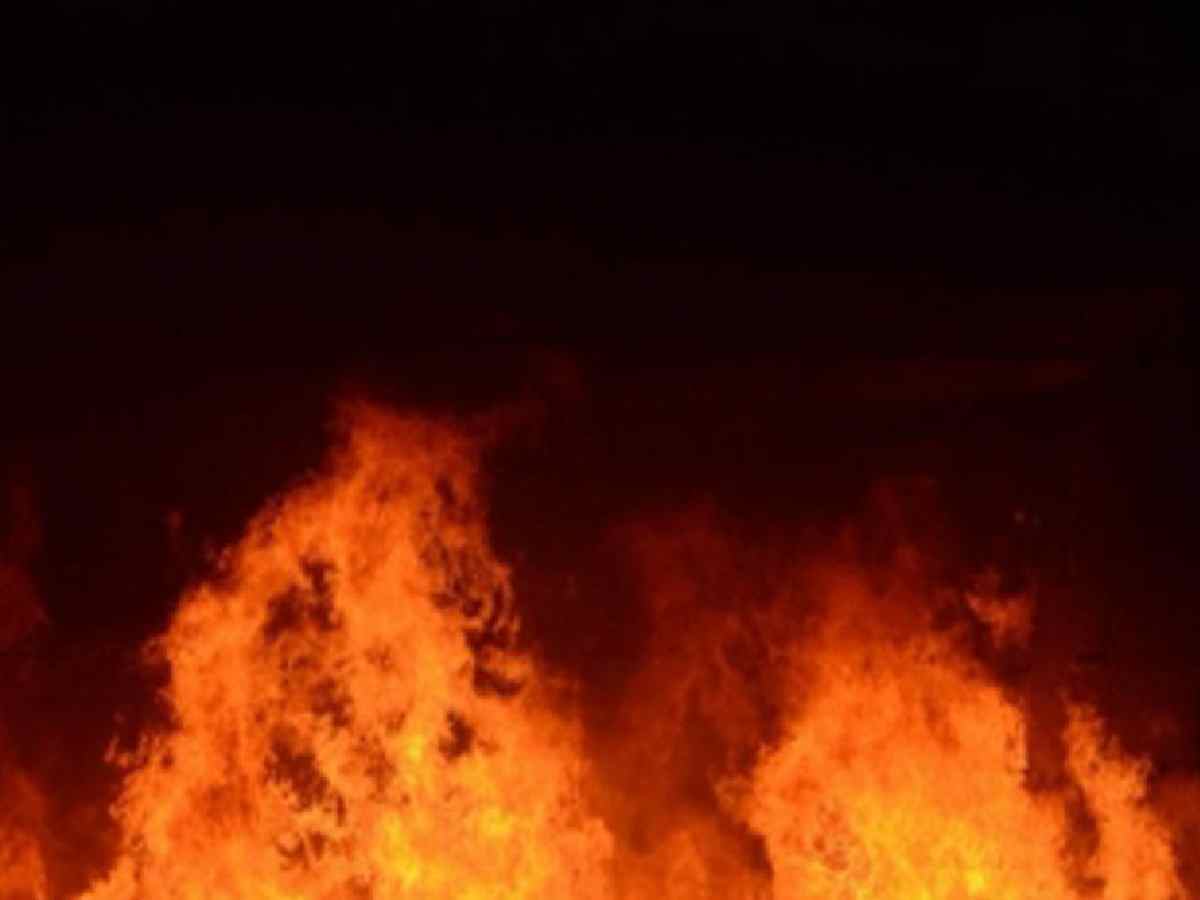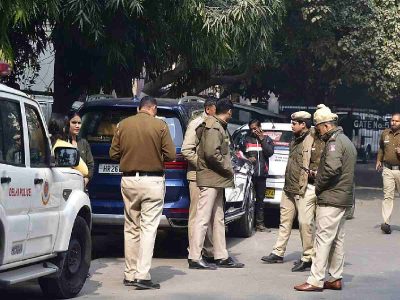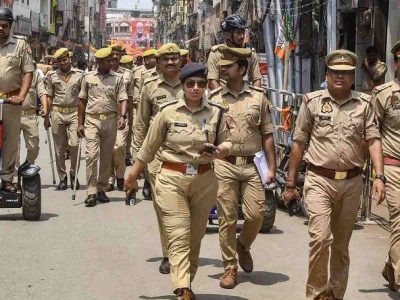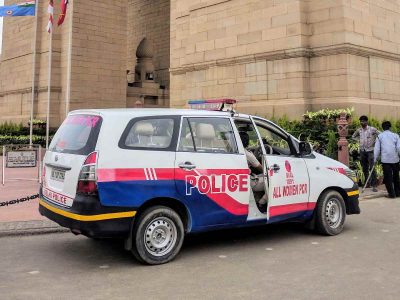The Delhi Fire Services (DFS) reported a significant increase in fire-related incidents during Diwali this year, receiving over 300 calls citywide — the highest number recorded in 13 years, an official confirmed on Friday.
DFS chief Atul Garg stated, “This is the highest count of Diwali-related fire and emergency incidents in over a decade,” attributing the rise primarily to widespread firecracker usage.
DFS had bolstered its preparedness for the festival, deploying fire engines and personnel across Delhi. The majority of calls were logged between 5:00 PM on October 31 and 5:00 AM on November 1. Historical data from DFS indicated call volumes of 206 in 2011, 184 in 2012, 177 in 2013, 211 in 2014, 290 in 2015, 243 in 2016, 204 in 2017, 271 in 2018, 245 in 2019, 205 in 2020, 152 in 2021, 201 in 2022, and 208 in 2023.
“This year, we recorded 318 fire-related calls, the highest in the last 13 years. We were fully prepared, with all fire units and personnel on duty. All leaves were cancelled to ensure we could respond across the city,” Garg added.
According to Garg, 78 of these calls came between 4 pm and 9 pm. The peak hours spanned from 6 pm to 11:59 pm, during which 176 calls were received, followed by 144 calls from midnight to 6 am.
Comparatively, last year’s Diwali period saw 195 fire-related calls.
The prolonged use of firecrackers throughout the night led to thick smoke blanketing Delhi, exacerbating noise pollution and lowering visibility, as residents disregarded the firecracker ban.
In an attempt to control the annual pollution spike, the Delhi government implemented a comprehensive firecracker ban for the fifth year in a row, forbidding the manufacture, storage, sale, and use of firecrackers.
Also Read: Delhi’s firecracker Industry thrives despite blanket ban
Delhi Environment Minister Gopal Rai organised 377 enforcement teams that collaborated with resident welfare associations, market committees, and social organizations to encourage adherence to the ban. Police were dispatched to monitor neighbourhoods, with warnings that violators would face legal consequences under the Bharatiya Nyaya Sanhita (BNS) for noncompliance.
(With inputs from PTI)





